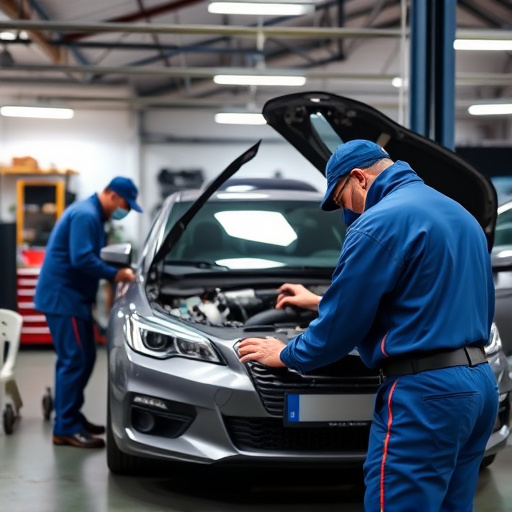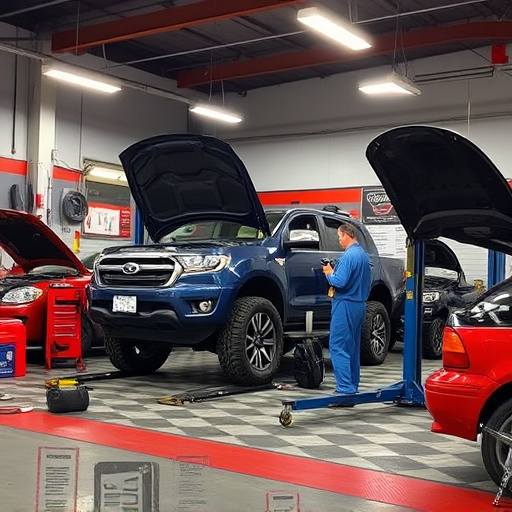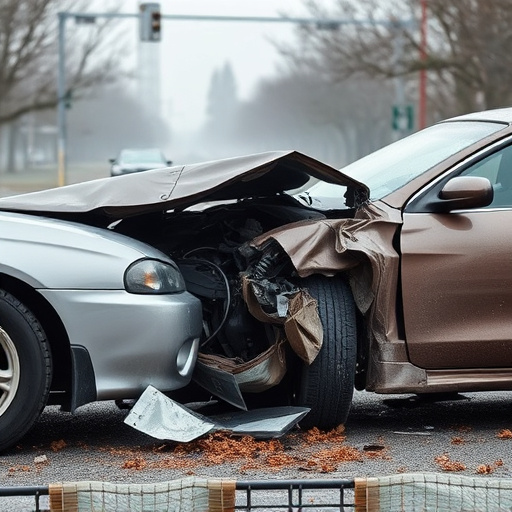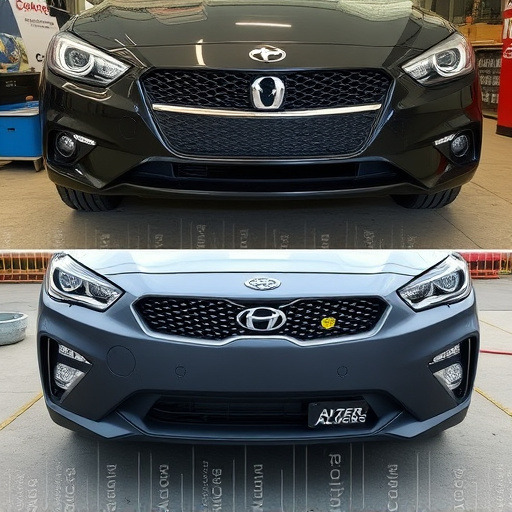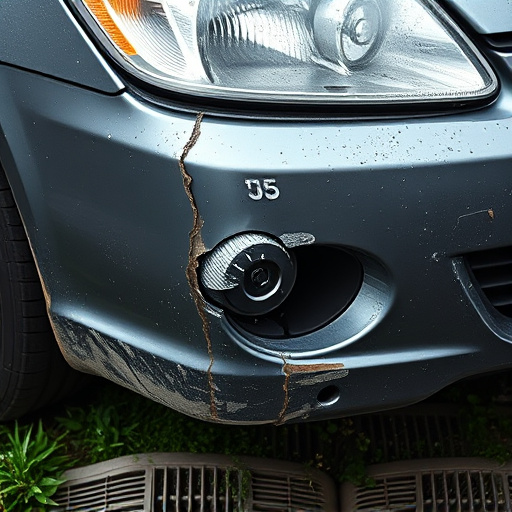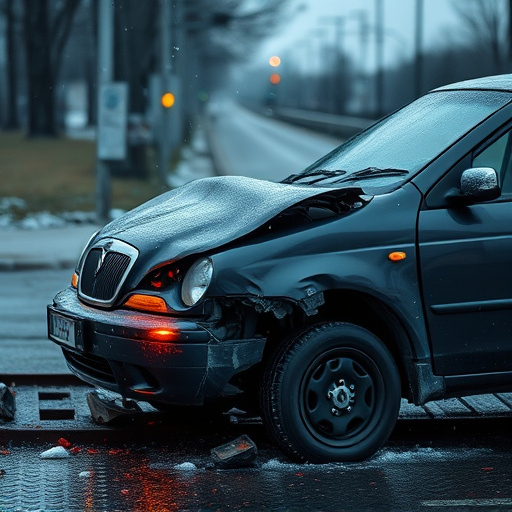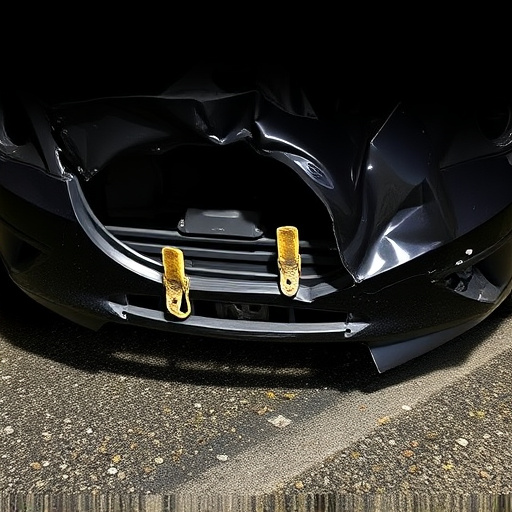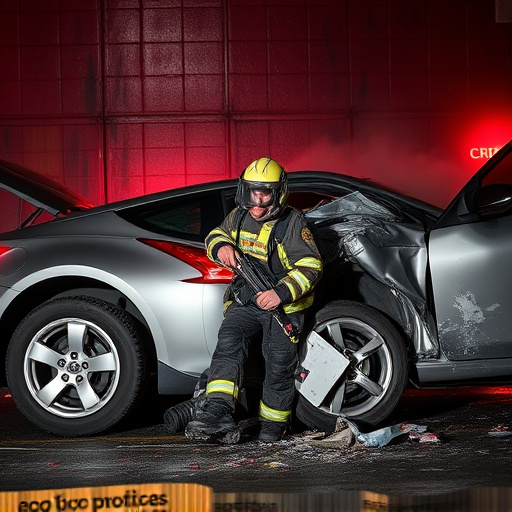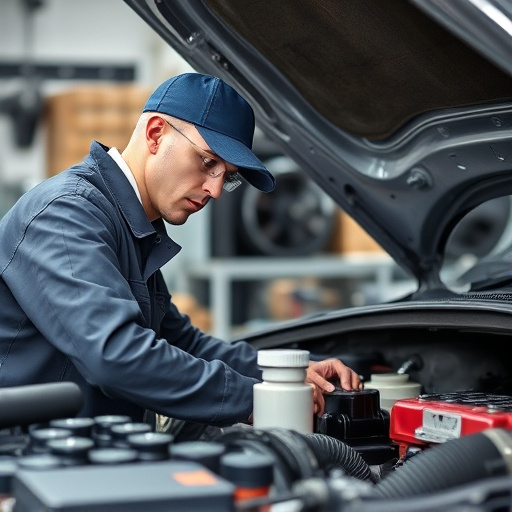Repairing or replacing a vehicle involves weighing financial and emotional factors, with repairs offering cost savings and sustainability over time, while replacements provide access to latest technology and reduced long-term maintenance. Longevity and safety should guide choices, as repairs maintain structural integrity and extend vehicle life.
In today’s automotive landscape, understanding the significance of repair versus replace choices is a game-changer for drivers. This article explores why these decisions are crucial, delving into the financial, environmental, and safety implications. Weighing costs, considering sustainability, and prioritizing longevity can prevent unnecessary waste and keep vehicles on the road. By examining these factors, drivers can make informed options that benefit both their wallets and the planet, ensuring a responsible and cost-effective driving experience.
- Weighing Costs: Repair vs Replace Considerations
- Environmental Impact: Choosing Sustainability Over Dumping
- Longevity & Safety: The Case for Repairs Over Replacements
Weighing Costs: Repair vs Replace Considerations

When faced with a damaged vehicle, drivers often grapple with the dilemma of whether to repair or replace. This decision is crucial as it significantly impacts their financial situation and long-term motoring experience. Weighing costs involves more than just looking at the price tag; it’s about understanding the value and potential longevity of both options.
Repairing an automobile, especially after a car collision, can be a prudent choice for those with budget constraints or who value the sentimental attachment to their vehicle. Quality auto repair near me services can restore a car to its pre-incident condition, ensuring safety and reliability. On the other hand, replacing a vehicle might be preferable for owners of luxury vehicles or those who prioritize the latest features and technology. This decision should consider not just the immediate cost but also the potential savings in the long run, especially if frequent repairs are needed for older models.
Environmental Impact: Choosing Sustainability Over Dumping

When drivers face a decision between repairing or replacing their vehicles, considering the environmental impact is essential. Opting for car restoration and vehicle body repair over immediate replacement plays a significant role in sustainability. Every year, countless cars end up in landfills, contributing to the growing waste problem. By choosing to fix and restore, drivers can reduce the demand for new vehicle production, which significantly lowers carbon emissions and conserves natural resources.
For instance, consider Mercedes Benz collision repair, where skilled technicians can meticulously restore damaged vehicles to their original condition. This practice not only saves money but also minimizes the ecological footprint. It’s a step towards a greener future, ensuring that resources are used efficiently without generating unnecessary waste.
Longevity & Safety: The Case for Repairs Over Replacements
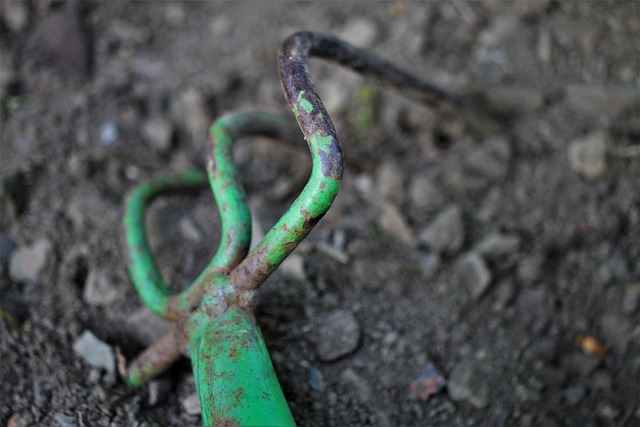
When drivers are faced with the decision to repair or replace their vehicle, prioritizing longevity and safety should be at the forefront of their minds. While replacing a damaged part might seem like the quickest solution, repairs offer numerous advantages that can extend the life of a vehicle and ensure its ongoing safety on the road.
A qualified auto repair near me can often provide scratch repair services, fixing minor dents or scratches without needing to replace the entire panel. This not only saves money but also maintains the structural integrity of the vehicle. Regular maintenance and timely repairs can prevent more serious issues from arising, making vehicles safer and more reliable over time. Body shop services that focus on precision repairs contribute to a vehicle’s overall durability, reducing the need for frequent replacements.
Making informed repair vs replace decisions is crucial for drivers, not only financially but also for environmental sustainability and safety. By considering the costs, environmental impact, and longevity of vehicle parts, drivers can contribute to a more eco-friendly approach while ensuring their vehicles remain safe and reliable. These thoughtful choices can extend the life of our roads and reduce the strain on our planet’s resources.
